Introduction
In the realm of traditional Chinese cuisine, porridge holds a special place, not only as a nourishing meal but also as a carrier of cultural heritage and dietary wisdom. Among the myriad of ingredients used to craft these hearty dishes, Coix seed, commonly known as Yimi in Chinese, stands out due to its unique nutritional properties and medicinal values. However, one question often arises among home cooks and culinary enthusiasts: should Coix seed be roasted before making porridge? This debate has sparked considerable interest, prompting a closer examination of the practices, benefits, and potential drawbacks associated with both roasted and unroasted Coix seed porridge.
Understanding Coix Seed (Yimi)

Coix seed, scientifically named Coicis Semen, is a grain-like seed derived from the plant Coicis lacryma-jobi L. var. ma-yuen (Roman.) Stapf. It has been used in traditional Chinese medicine for centuries, primarily for its diuretic, anti-inflammatory, and antioxidant properties. Nutritionally, Coix seed is rich in dietary fiber, essential amino acids, vitamins, and minerals, making it a valuable addition to any diet.
In culinary terms, Coix seed is often incorporated into porridges, soups, and desserts, where its mild, nutty flavor and creamy texture are highly appreciated. However, the preparation method, particularly whether to roast the seeds before cooking, varies widely across regions and households.
The Practice of Roasting Coix Seed
Roasting Coix seed before making porridge is a common practice in many parts of China, particularly in southern regions. The process involves heating the seeds in a dry pan over medium heat until they turn golden brown and emit a toasty aroma. This transformation not only alters the seed’s flavor profile but also brings about several perceived benefits.
Enhanced Flavor and Aroma:
Roasting Coix seed intensifies its natural nutty flavor, adding depth and complexity to the porridge. The toasted aroma is particularly inviting, enhancing the overall sensory experience of the dish.
Improved Digestibility:
Some believe that roasting makes Coix seed easier to digest. The heat applied during the roasting process breaks down some of the seed’s starches and proteins, making them more accessible to digestive enzymes. This could be particularly beneficial for individuals with sensitive stomachs or digestive issues.
Enhanced Nutrient Absorption:
Roasting is thought to improve the bioavailability of certain nutrients in Coix seed, such as antioxidants and minerals. By breaking down cell walls and making nutrients more soluble, roasting may facilitate better absorption in the body.
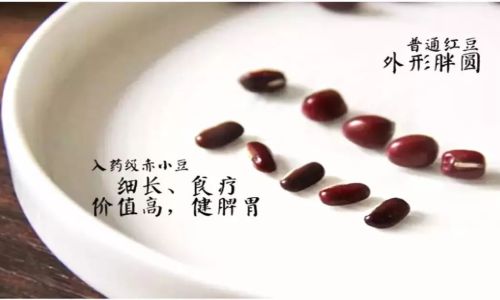
Reduced Allergenic Potential:
For some individuals, raw Coix seed may trigger allergic reactions. Roasting has been suggested to reduce the allergenicity of the seed, possibly by altering the structure of allergens or making them less accessible to the immune system.
The Argument for Using Unroasted Coix Seed
While roasting Coix seed offers several advantages, there are also compelling reasons to use unroasted seeds when making porridge.
Preservation of Nutrients:
Roasting, while enhancing certain nutrients, can also lead to the loss of others, particularly vitamins and antioxidants. These compounds are often delicate and susceptible to heat damage. By using unroasted Coix seed, more of these nutrients are preserved in the final dish.
Lighter Texture and Flavor:
Unroasted Coix seed retains its natural, lighter texture and flavor, which some prefer in porridge. The mild, slightly sweet taste of unroasted seeds provides a refreshing contrast to the rich, creamy base of the porridge.
Potential Health Benefits:
Certain health benefits associated with Coix seed, such as its diuretic and anti-inflammatory properties, may be more pronounced in the unroasted form. Raw seeds contain higher levels of certain active compounds that may be degraded or altered during roasting.
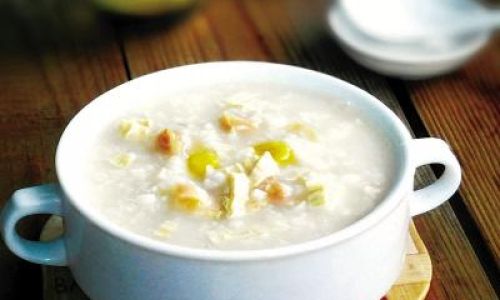
Simplicity and Convenience:
Using unroasted Coix seed simplifies the preparation process, as there is no need for an additional step of roasting. This can be particularly convenient for busy cooks or those who prefer quicker meal preparation.
Nutritional and Medicinal Considerations
When evaluating whether to roast Coix seed before making porridge, it is essential to consider its nutritional and medicinal properties.
Dietary Fiber:
Coix seed is a good source of dietary fiber, which is essential for maintaining digestive health. Both roasted and unroasted seeds contribute fiber to the diet, but the form and solubility of fiber may differ slightly. Roasting may alter the fiber structure, affecting its digestion and absorption.
Antioxidants:
Coix seed contains a variety of antioxidants, including phenolic compounds and flavonoids, which play a crucial role in protecting cells from damage. Roasting can lead to the loss of some antioxidants, while others may become more bioavailable. The balance between these effects depends on the roasting temperature and duration.
Minerals and Vitamins:
Coix seed is rich in minerals such as magnesium, zinc, and iron, as well as vitamins B and E. Roasting can affect the bioavailability and stability of these nutrients. For instance, vitamins are often more susceptible to heat damage than minerals.
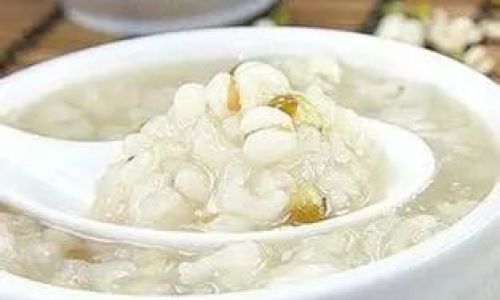
Medicinal Properties:
In traditional Chinese medicine, Coix seed is used to treat conditions such as edema, rheumatism, and skin disorders. The medicinal properties of the seed may be influenced by roasting. Some believe that roasted seeds are more effective for certain conditions, while others maintain that the unroasted form retains more medicinal value.
Cultural and Regional Variations
The debate on roasting Coix seed before making porridge is also influenced by cultural and regional variations. In southern China, where porridge is a staple food, roasted Coix seed is preferred for its enhanced flavor and digestibility. In contrast, northern regions, where porridge is less common, unroasted seeds may be more prevalent due to differences in culinary traditions and dietary preferences.
Scientific Research and Evidence
To date, scientific research on the effects of roasting Coix seed before making porridge is limited. Most studies focus on the nutritional and medicinal properties of Coix seed in general, rather than the specific impact of roasting. However, some preliminary findings suggest that roasting may alter the nutrient composition and bioavailability of the seed.
For instance, one study found that roasting Coix seed at high temperatures resulted in the loss of certain antioxidants, while another reported increased bioavailability of certain minerals after roasting. These findings highlight the complexity of the issue and the need for further research to fully understand the effects of roasting on Coix seed’s nutritional and medicinal properties.
Practical Tips for Making Coix Seed Porridge
Regardless of whether you choose to roast Coix seed before making porridge, there are several practical tips to ensure a delicious and nutritious final dish.
Soaking:
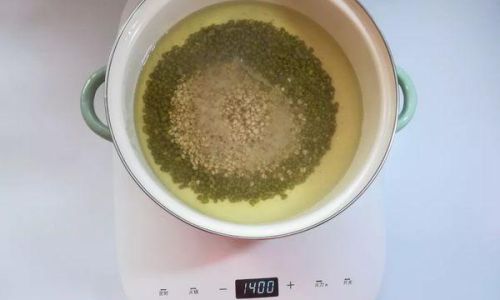
Soaking Coix seed overnight can soften it, making it easier to cook and more digestible. This step is particularly important if you are using unroasted seeds.
Cooking Time:
Coix seed requires longer cooking times than other grains due to its tough outer layer. Be patient and cook until the seeds are tender and the porridge has reached your desired consistency.
Flavor Enhancements:
Add other ingredients such as red dates, lotus seeds, or longan to enhance the flavor and nutritional profile of your Coix seed porridge. These additions can complement both roasted and unroasted seeds.
Experimentation:
Ultimately, the best way to determine whether to roast Coix seed before making porridge is to experiment and find what suits your taste preferences and dietary needs. Try both methods and see which one you prefer.
Conclusion
The debate on whether to roast Coix seed before making porridge is a nuanced one, influenced by factors such as flavor, digestibility, nutrient preservation, and cultural traditions. While roasting offers several advantages, including enhanced flavor and improved digestibility, unroasted seeds retain more nutrients and have a lighter texture and flavor. Ultimately, the decision to roast or not roast Coix seed before making porridge is a personal one, based on individual preferences and dietary goals. Further research is needed to fully understand the impact of roasting on Coix seed’s nutritional and medicinal properties, but until then, experimentation and personal taste will guide most cooks in their choice.
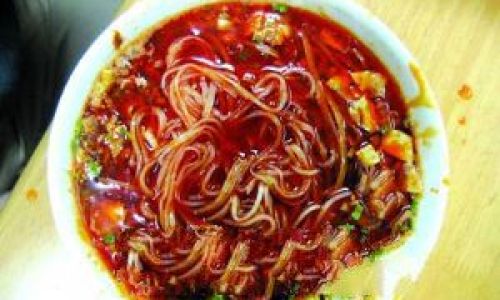
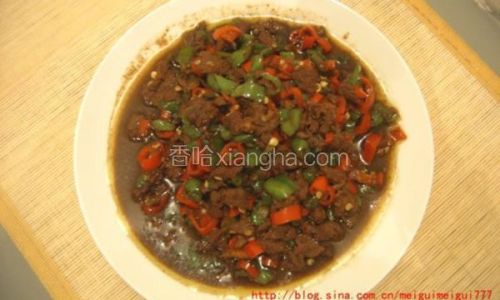
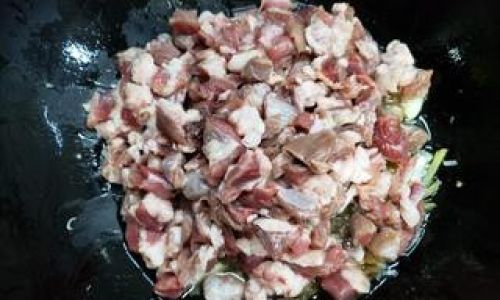
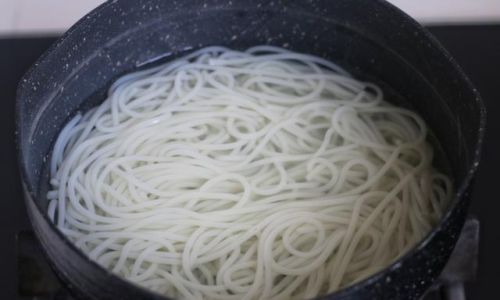

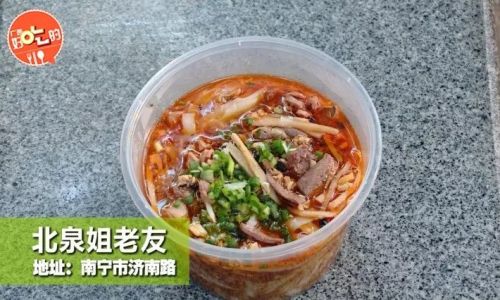
0 comments